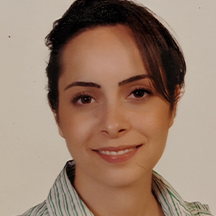What would a basic income mean for the Arab world?
The idea of a regular, unconditional and individual cash payment distributed to all citizens is gaining ground. This column argues that such a basic income would ensure that everyone is able to meet their basic needs unconditionally, thereby improving people’s resilience and solidifying communities. Ultimately, a basic income could help to rebuild the social contract in the Arab world where governments would uphold human dignity by awarding citizens economic security as a right.


